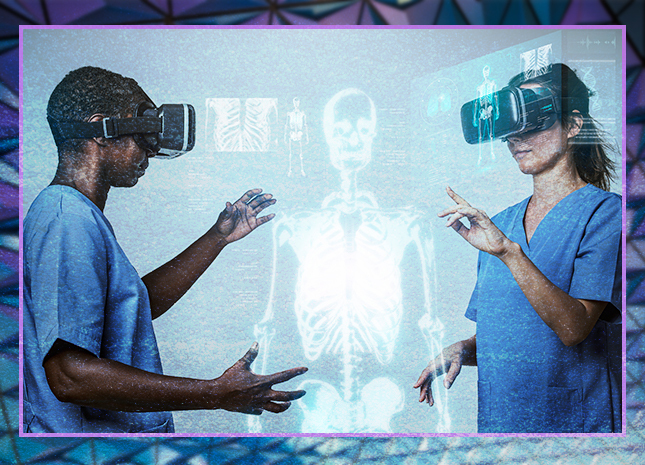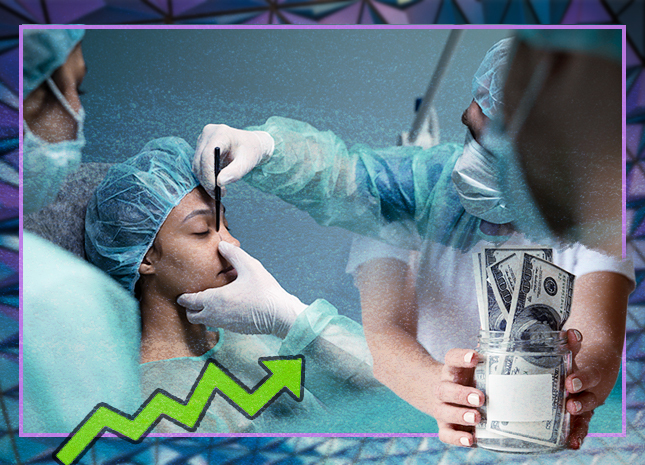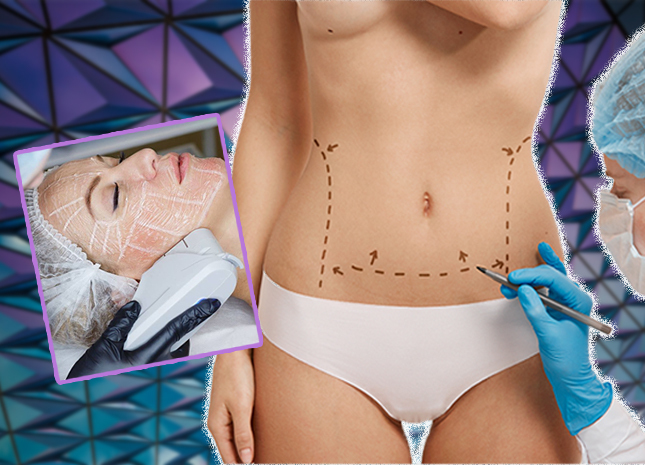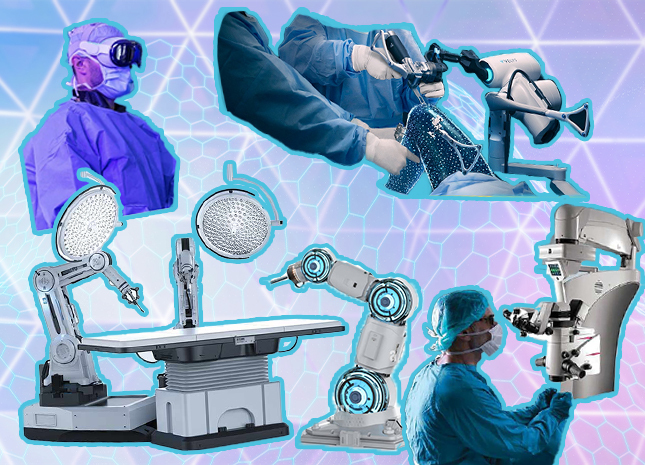
The Role of Technology in Modern Cosmetic and Plastic Surgery
Cosmetic surgery is getting safer and better thanks to technology.
Advancements in technology have revolutionized the field of cosmetic and plastic surgery, making procedures safer, more effective, and accessible. These innovations continue to transform how surgeries are performed and the results patients can expect. Understanding the impact of technology on this field can help you make better decisions about undergoing cosmetic enhancements.
Enhanced Imaging and Simulation

One of cosmetic surgery's most significant technological advancements is enhanced imaging and simulation tools. These technologies allow patients and surgeons to visualize potential outcomes before the procedure. For instance, 3D imaging systems can create detailed models of the patient's face or body, providing a realistic preview of the results. This helps set realistic expectations and aids in planning the surgery with greater precision.
Virtual reality and augmented reality have also entered the realm of cosmetic surgery. These tools can simulate surgical outcomes, enabling surgeons to practice and refine techniques before performing them on patients. This preparation can lead to better results and fewer complications.
Lower Costs and Higher Accessibility

Technological advancements have made many cosmetic procedures more affordable and accessible. The increased efficiency and effectiveness of modern techniques reduce the overall cost of treatments. More people can now consider cosmetic enhancements without the financial burden that was once associated with these procedures.
According to experts in plastic and cosmetic surgery in Wisconsin, this field has seen significant growth due to these technological advancements. The availability of cutting-edge treatments has attracted a broader demographic, contributing to the overall popularity of cosmetic procedures.
Minimally Invasive Techniques

Minimally invasive techniques have gained widespread acceptance due to their reduced recovery times and lower risks. Laser technology, for example, is used for various procedures, including skin resurfacing, hair removal, and even certain types of liposuction. Another popular option is Ultherapy Prime, a non-invasive procedure that uses ultrasound technology to lift and tighten skin without surgery. These advancements allow for precise targeting of tissues, lessening damage to surrounding areas and promoting faster healing.
Endoscopic surgery involving tiny cameras and instruments has also become more common. This technique allows for smaller incisions, less scarring, and quicker recovery. Patients appreciate the reduced downtime and enhanced cosmetic outcomes of minimally invasive techniques.
Advanced Surgical Tools

Modern surgical tools have significantly improved the accuracy and safety of cosmetic procedures. Robotic-assisted surgery, for instance, provides surgeons with enhanced control and precision during operations. Robots can perform delicate tasks with greater accuracy than human hands alone, leading to improved results and reduced risk of errors.
Innovations in sutures and adhesives have also contributed to better outcomes. Biodegradable sutures and advanced wound adhesives minimize scarring and promote faster healing. These tools enhance the overall patient experience and satisfaction with the results.
Smart Technology and Patient Monitoring

Innovative smart technology has made its way into cosmetic surgery, improving patient care and monitoring. Wearables track vital signs and provide real-time data to healthcare providers. This continuous monitoring helps detect potential complications early, ensuring timely interventions and better patient outcomes.
Telemedicine has also become a valuable tool in cosmetic surgery. Virtual consultations and follow-ups allow patients to communicate with their surgeons without the need for frequent in-person visits. This accessibility is beneficial especially to those living in remote areas or with busy schedules.
Personalized Treatments Through Data Analytics

Data analytics and AI are playing a growing role in personalizing healthcare treatments. AI can analyze massive data to predict how different procedures affect individual patients. This information helps surgeons tailor treatments to each patient's specific needs and goals, increasing the likelihood of achieving desired outcomes.
Machine learning algorithms now assist in diagnosing skin conditions and planning treatments. These technologies improve accuracy and efficiency, improving patient care and satisfaction.
Are You Ready to Rely on Hi-tech for Your Cosmetic Procedure?
Technology has undeniably transformed the field of cosmetic and plastic surgery. Enhanced imaging, minimally invasive techniques, advanced surgical tools, smart technology, and data analytics have all contributed to safer, more effective, personalized treatments. These innovations have made cosmetic procedures more accessible and affordable, broadening the appeal to diverse individuals. As technology continues to evolve, the future of cosmetic surgery promises even more exciting developments, leading to better outcomes and increased patient satisfaction.











